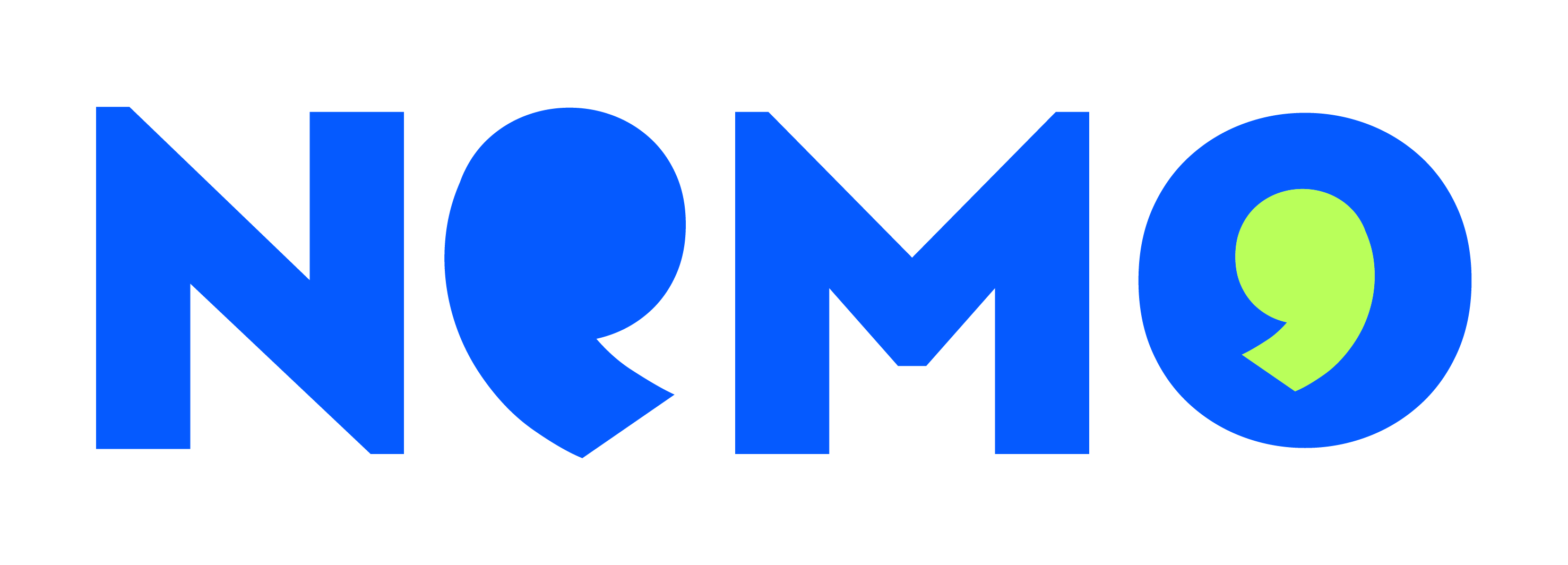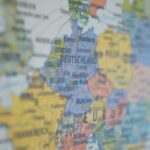For exiled media around the world, grants play a significant role in achieving sustainability. It can be difficult, however, to navigate complex donor requirements in moments of urgency, or even when the situation becomes somewhat stable.
In the fifth episode of the Exiled Media Podcast, Matt Kasper, publisher of Meydan TV, and Joris van Duijne, Executive Director of Zamaneh Media, offer valuable insights and practical advice to help exiled media outlets navigate the bureaucracy of the donor world while maintaining the integrity of editorial policies in your newsroom.
Don’t be shy. Reach out to the donor
One of the biggest challenges Joris van Duijne highlighted during the conversation is geographic eligibility. He explained that many exiled media organizations are operating from one country but serving an audience in another, often in regions that donors don’t recognize as eligible.
“Geographic eligibility is sometimes a problem for an organization like ours, that almost by definition works for one country and is registered and based out of another,” he said.
This issue can make securing funding incredibly difficult, leaving you caught between rigid guidelines that don’t fit your unique situation. However, there is good news: open communication can make a difference.
Joris shared an example where Zamaneh Media was initially excluded from funding due to geographic constraints. By reaching out to the donor and explaining the situation, his organization was able to get the guidelines changed for the following year and was able to apply for funding.
“Open communication is often a good way to go,” he advised. So, if you’re facing similar issues, don’t hesitate to engage with your funders. They might not be aware of how their criteria are affecting exiled media like yours.
Compromising editorial policies is a “no-go”
Another important point discussed during the episode was the need to maintain editorial independence, even when tempting funding offers come your way.
Joris described a situation where a donor approached Zamaneh Media to publish 200 articles that its team was developing, in Persian, about the environment. While the topic was important, this approach would have affected their editorial policies and potentially driven away their audience.
“To an untrained ear, that might sound like a very reasonable request, but it’s an outrageous request, particularly coming from a media development organization that should understand the value and importance of editorial independence,” he emphasized.
For the executive director of Zamaneh Media, it’s crucial to protect your editorial voice and ensure that your content remains balanced and true to your mission.
Main takeaways from the discussion
Here are some additional recommendations Matt Kasper and Joris van Duijne gave to listeners of the Exiled Media Podcast:
- Ask for clarification:
If you’re unsure whether you meet the eligibility criteria for a funding opportunity, ask. As Matt pointed out, “If there’s a contact email or if you have a contact there to clarify, just ask (…) When explaining the situation, often they say then, that’s fine. That’s not really a problem anymore.”
- Communicate the impact:
When negotiating with donors, explain not only the ethical importance of maintaining editorial independence but also the practical impact. Overloading your content in one area can alienate your audience, which ultimately undermines the donor’s goals.
As Joris put it, “We are good at what we do in reaching millions of people in these very restrictive environments because we offer people what people want to hear, read, see, etcetera. So you can explain to the donor why it hurts their purpose as well.”
- Protect your editorial integrity:
Don’t feel pressured to say yes to every funding offer. Make it clear to donors that your editorial policies are non-negotiable. This may not always lead to immediate results, but it sets a precedent that helps protect the independence and credibility of your outlet in the long run.
Navigating donor bureaucracy is a challenge, but by advocating for your needs and maintaining clear communication, you can secure the support you need without compromising your values. Stay resilient, and remember that your work is crucial for bringing independent, unbiased information to audiences in some of the most restrictive environments in the world.
Disclaimer:
This article is a summary of this transcription. It has been generated with AI and edited by a journalist to achieve its final version.
FROM OUR BLOG




